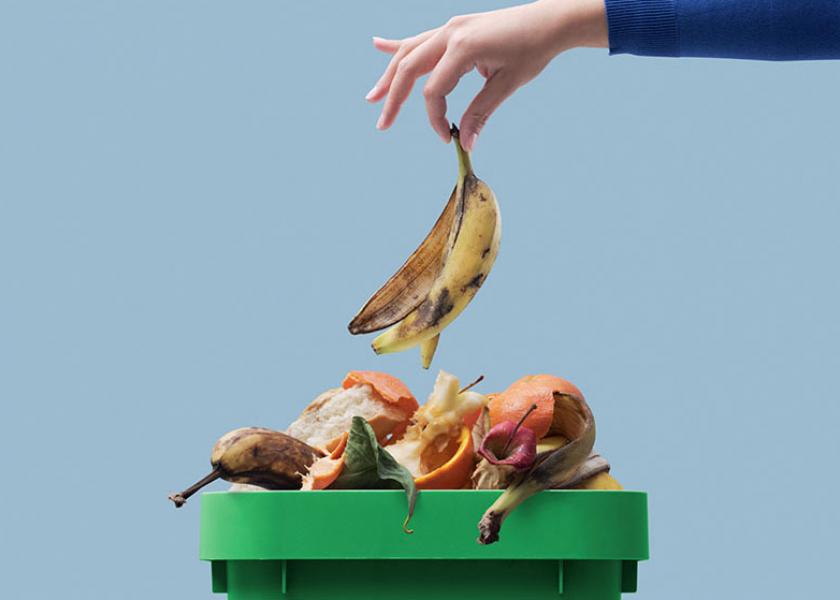Report outlines steps that retailers can take to reduce food waste

A new 12-page report from Coresight Research outlines steps that retailers can take to cut down enormous food waste in the supply chain.
The full report, available to premium subscribers to Coresight Research, estimates that food and beverages purchased for off-premises consumption totaled $1.25 trillion in 2022, and that food waste totaled more than $650 billion. The report estimates that 35% of food goes unsold or uneaten.
The share of food waste at retail is 12% of food waste, the report said, citing ReFED estimates. Food waste at retail is highly visible, the report said, since edible food is often simply discarded due to its appearance, packaging changes or its expiration date.
Despite the lack of agreement on a definition of food waste or accountability for it, the report outlines several technologies that retailers can use to improve efficiency and reduce food waste. Those tools include demand-forecasting technology, computer vision inventory management and enhanced product identification labels.
“Reducing food waste requires a holistic approach, from field to fridge, as food waste occurs along all steps of the value chain,” the report summary said. Artificial intelligence and machine learning (AI and ML) can help to calculate the period during which food is edible with estimates for the harvesting, transportation, sale and consumer possession stages, the report said. “Accurate demand forecasting can have significant impacts on reducing food waste,” the report said.
The report said that ordering optimal quantities eliminates the need for donation, disposal or recycling of excess food and AI- and ML-based forecasting is highly accurate. It also outlined several technology platforms across the supply chain that could help retailers manage inventory and reduce food waste. Another potential solution to reduce food waste, the report said, would be to standardize food expiration labels.
“Reducing food waste through dynamic pricing, bundling or smartphone apps also demonstrates a grocer’s commitment to sustainability-minded consumers,” the report summary said.







